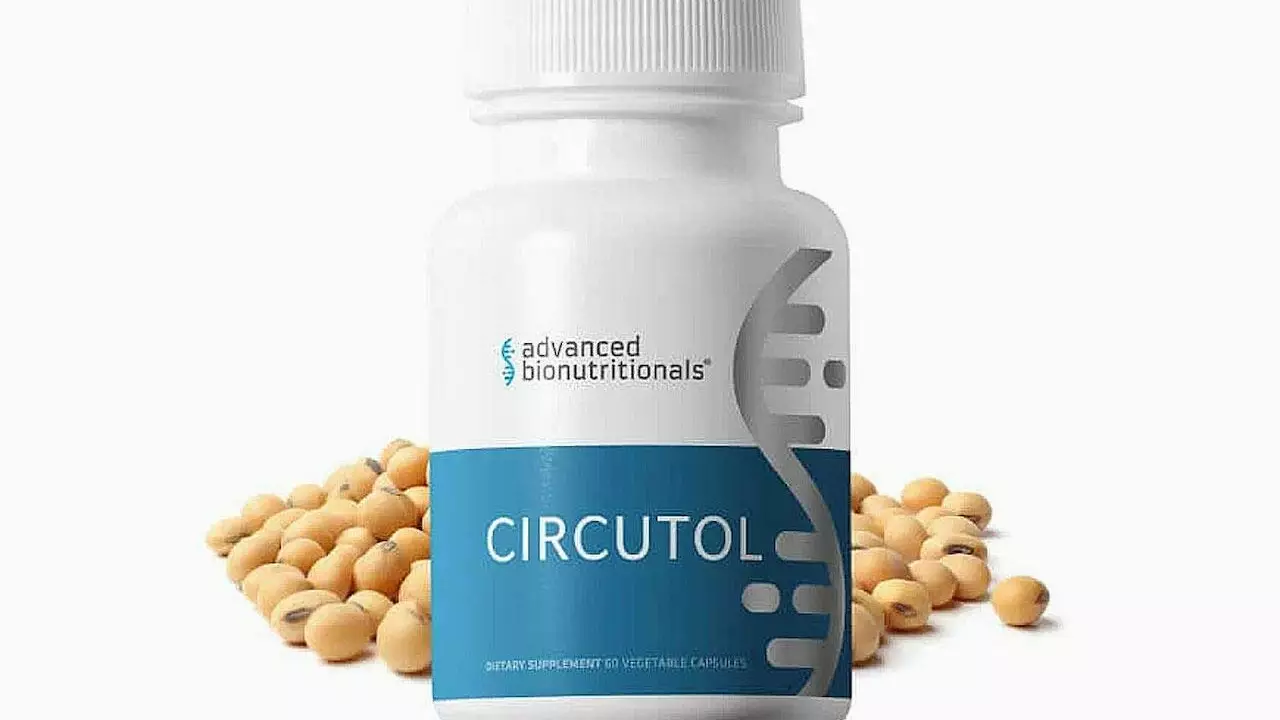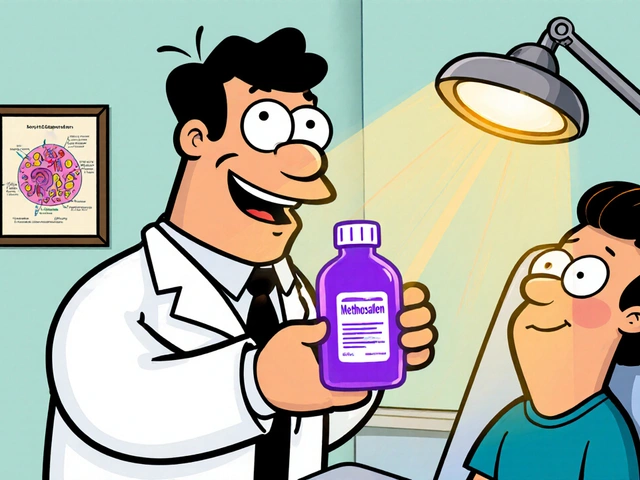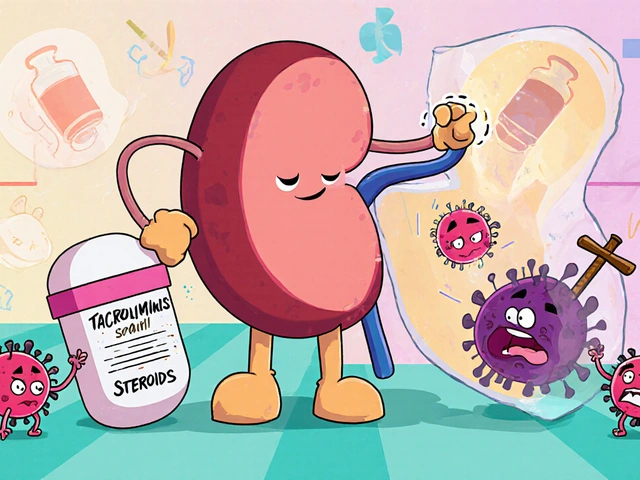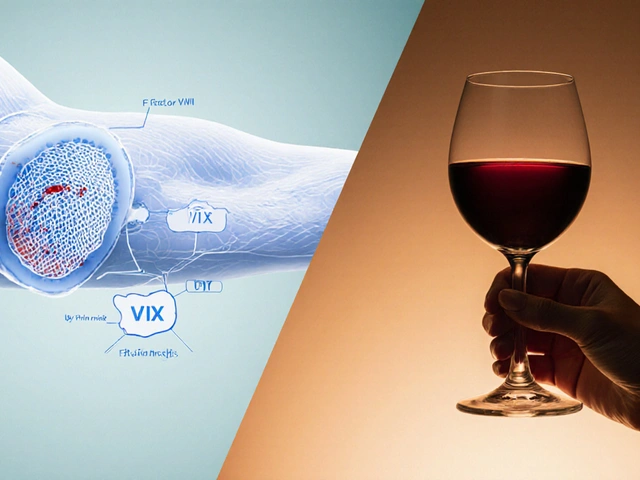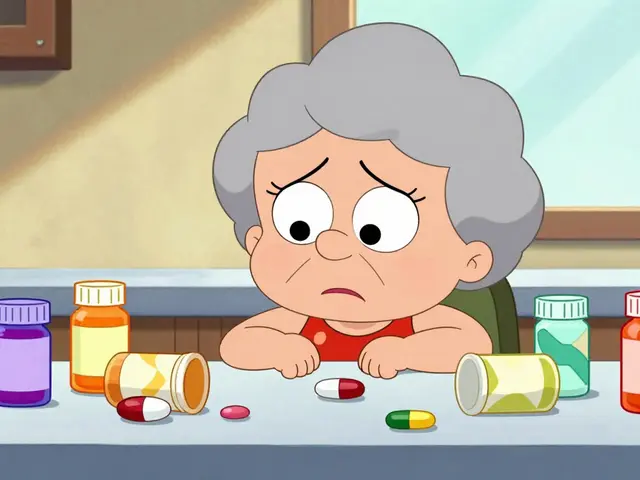Essential nutrient: what your body really needs
You can’t live without essential nutrients. Missing key ones changes how you think, move, sleep, and fight off infections. Some deficiencies are subtle — tired all the time, weird cramps, mood swings — and you might blame stress when the problem is a missing nutrient.
What are essential nutrients?
Essential nutrients are substances your body cannot make (or can’t make enough of) and must get from food or supplements. They fall into a few clear groups: vitamins, minerals, essential fatty acids, essential amino acids (from protein), and water. Each group has specific jobs: vitamins help chemical reactions, minerals support bones and nerves, fats build cells and hormones, and amino acids form proteins your body uses for repair.
Here are the big players to watch for: vitamin D, vitamin B12, iron, calcium, omega-3 fatty acids, and protein. Low vitamin D can leave you weak and slow to recover. Low B12 affects memory and energy. Low iron causes fatigue and shortness of breath. Those are common and fixable if you know what to look for.
How to get enough every day
First, focus on whole foods. A quick checklist that actually works: eat a colorful plate (vegetables and fruit), include a protein source each meal (meat, fish, beans, dairy, or tofu), add healthy fats (olive oil, nuts, fatty fish), and choose whole grains over refined ones. This simple approach covers most essential nutrients for most people.
If you’re plant-based, pay attention to B12, iron, and omega-3s. If you avoid dairy, watch calcium and vitamin D. Older adults and some people with digestive issues often need extra B12 or vitamin D because absorption drops with age or meds. A short blood test can clear up whether you need supplements.
Supplements can help but don’t replace food. Use them when a test or a doctor points to a true deficiency, or when diet limits make it hard to get enough (like vegan diets or pregnancy). Choose a single-nutrient supplement if you’re low in one area; take a low-dose multivitamin for general insurance, not as a free pass to eat junk.
Signs you might be low on essential nutrients: constant fatigue, hair loss, brittle nails, muscle cramps, frequent infections, slow wound healing, mood swings, or memory trouble. If you notice several of these, talk to your clinician and ask for targeted blood tests instead of guessing.
Small practical moves work best: add a piece of fruit to breakfast, swap sugary snacks for a handful of nuts, eat fatty fish twice a week, and get 10–20 minutes of sun for vitamin D when possible. These habits fix most gaps without drastic diets or expensive pills.
Want a tailored plan? Share your age, diet style, and meds with a healthcare pro. They’ll recommend tests and simple fixes so you get the essential nutrients your body needs — without the guesswork.
